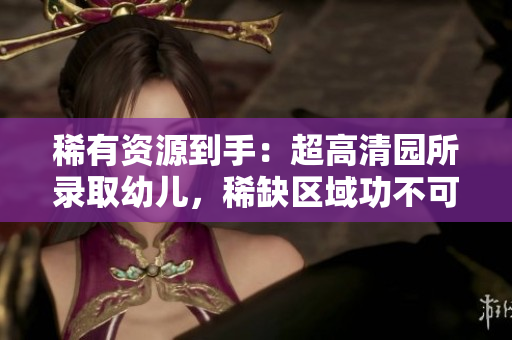English Teacher Behaving Properly by Tying up Her Skirt
When it comes to cultural differences, sometimes there can be misunderstandings based on what is considered appropriate behavior. For example, in some cultures, it is perfectly acceptable for women to wear short skirts or dresses, while in others, it may be considered immodest. This is particularly true in some conservative societies that place a high value on modesty and propriety. In some of these cultures, women are expected to dress modestly and behave in a manner that is considered appropriate for their gender and social position.
As an English teacher, I have had the privilege of working with students from a wide variety of cultures. One thing that always strikes me is how different their expectations and perceptions of behavior can be. For example, I recently had a student from a conservative Middle Eastern culture who was surprised and somewhat taken aback by the fact that I always wore long skirts or pants to class. He expected me to wear a dress, and expressed surprise that I would be so comfortable wearing pants.
The Importance of Cultural Sensitivity in Teaching
As an educator, it is important to be aware of these cultural differences and to be sensitive to them. This means understanding the cultural expectations and norms of your students, and adjusting your own behavior and expectations accordingly. In some cases, this might mean dressing more conservatively or refraining from certain behaviors that might be considered inappropriate in a particular culture.
For example, I recently had an experience where I was filming a video for my vlog on YouTube. I was wearing a short skirt, which is something that I would normally wear without thinking twice about it. However, when I watched the video later, I realized that my behavior might have been considered inappropriate in some cultures. I decided to re-film the video, this time wearing a longer skirt, out of respect for my viewers who might be offended by my previous behavior.
The Power of Representation in the Media
The media plays a powerful role in shaping our perceptions of appropriate behavior. This is particularly true when it comes to representations of women in the media. Women are often portrayed as sexual objects, and their behavior is often critiqued or judged based on their appearance rather than their actions or achievements.
As a vlogger who creates content for a primarily female audience, I am aware of this power dynamic, and try to create content that challenges these stereotypes. For example, I recently created a video about the importance of body positivity and self-love. In this video, I shared my own struggles with body image and encouraged my viewers to love themselves for who they are, regardless of their size or shape.
Why Education Matters
At the end of the day, education is one of the most powerful tools we have for breaking down cultural barriers and promoting understanding and respect. By teaching our students about different cultures and traditions, we can help them to develop a more nuanced understanding of the world, and become more compassionate and empathetic individuals.
As an English teacher, I am constantly reminded of this fact, as I work with students from all over the world and help them to improve their language skills and develop a greater appreciation for the richness and diversity of human culture. It is my hope that through education, we can create a more just and equitable world that celebrates our differences and honors our shared humanity.
Conclusion
Cultural differences can be a source of misunderstanding and conflict, but they can also be a source of beauty and inspiration. By being aware of these differences and respecting each other's traditions and beliefs, we can create a more harmonious and interconnected world. As an English teacher and vlogger, I am committed to using my platform to promote cultural sensitivity, understanding, and respect, and I hope that my work can inspire others to do the same.









